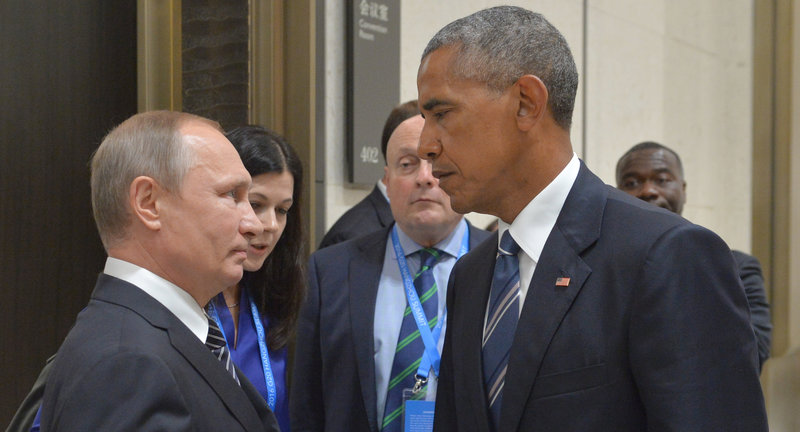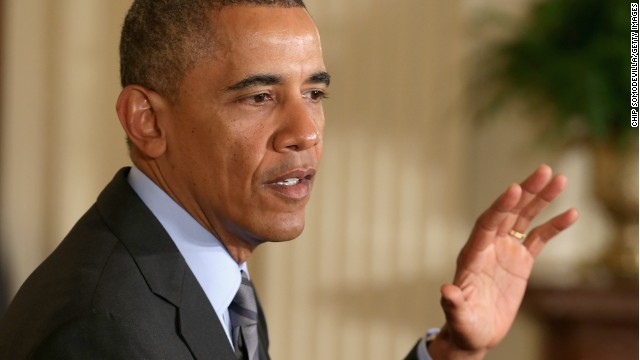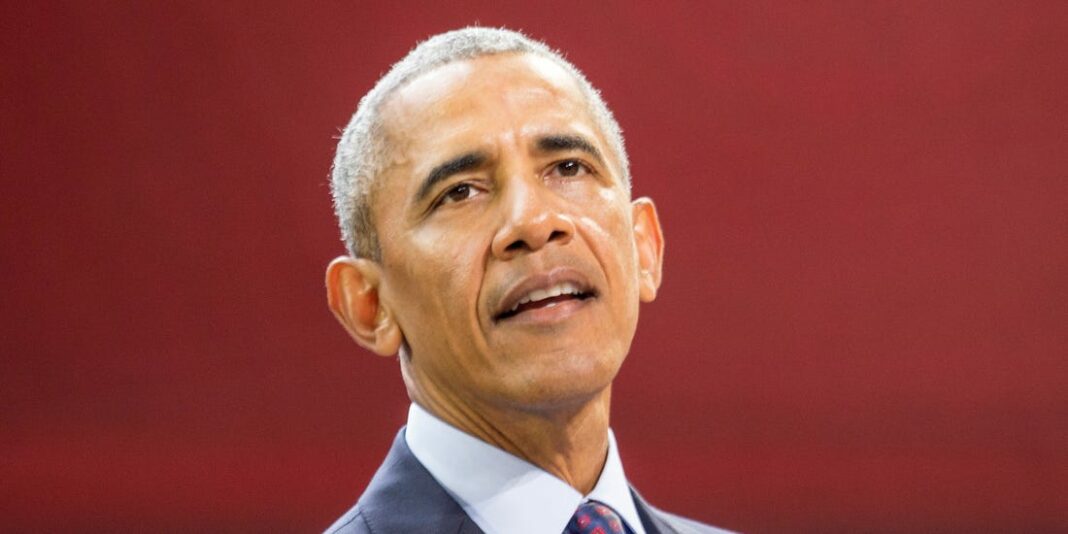Karl Rove, a Republican Strategist, listed a number of reasons he did not think President Barack Obama would be successful in the 2012 Presidential election. The list of factors noted by Rove in his compelling case against the reelection of Obama includes a sour economy that Rove felt was unlikely to improve before the election, a dissatisfied Democratic base, multiple blunders by the president, and less support from seniors and independent voters.
The analysis from Rove did not include a number of other problems that plagued the first four years of the Obama presidency. These problems include what many see as poor handling of problems in the Middle East, the high price of gas in America, and declining approval rates.
But despite all the things that are seemingly working against President Obama, there was one major advantage in his favor: The path to his renomination was without obstacle.

It has been noted for some time that candidates who face minimal opposition in party primaries have a much easier path to reelection. Those who face stiffer challenges in primary elections often do not fare as well in November.
Fortunately, no such challenges for Obama exist. If it did, it would be quite a challenge for him to win reelection. The question has been often asked how a president could successfully reach out to independents voters from across the aisle in the fall when they cannot unite their own party in the primaries. For the most part, the evidence has shown they cannot.
A major challenge in the primary represents a debilitating exercise for a president in search of reelection. Fighting off these challenges are expensive. They demand the attention of the White House, and they open the incumbent up to months of challenges from within his or her own party.
Five incumbent presidents have lost their bid for reelection since the American political system turned to the party primary system a year ago. This list includes William Taft, Herbert Hoover, Jimmy Carter, Gerald R. Ford, and George H.W. Bush. Each of them lost elections after facing significant challenges in the primary elections.
Hoover is perhaps the only one of the five who would have lost their bid for reelection even without a significant threat from a primary challenger. The Great Depression was underway when Hoover sought reelection and the American people seemed to place a lot of the blame for the economic state of the country on Hoover.

The other four had a good chance to gain reelection if not for the fights they endured from primary challengers. The first of the four, William Taft, ran for reelection in 1912. Despite running in an era that saw Republicans do very well, Taft found himself in a tough primary fight against Theodore Roosevelt. This led to a weakened position for Taft in the fall after surviving the war with Roosevelt.
In 1972, Gerald R. Ford suffered the misfortune of being too closely linked with Richard Nixon. Ford was the vice-president when Nixon was forced to resign. He was appointed to the position of president and had not been elected. Due to the way he gained office, he did not have the full support of the party. He narrowly escaped with a primary win against Ronald Reagan but was unable to gain presidential reelection.
Four years later, Jimmy Carter ran for reelection while dealing with a number of problems. After a long and tough primary victory against Sen. Edward Kennedy, Jimmy Carter lost out on the opportunity to enjoy a second term in the White House to George H.W. Bush.
Bush was the last of the president’s to fail in a bid for reelection. He received a modest primary challenge from Pat Buchannan but seemed unable to recover from going back on his famous ‘no new taxes’ campaign promise. Independent Ross Perot sealed Bush’s fate when he entered the race and split the Republican vote. Bush lost his reelection bid to Bill Clinton.
Visit https://www.tidewaternews.com for more breaking news.






![Dick’s Sporting Goods Near Me [Updated April 2023] Dicks Sporting Goods Near me](https://www.tidewaternews.com/wp-content/uploads/2022/08/Dicks-Sporting-Goods-Near-me-100x70.jpeg)



